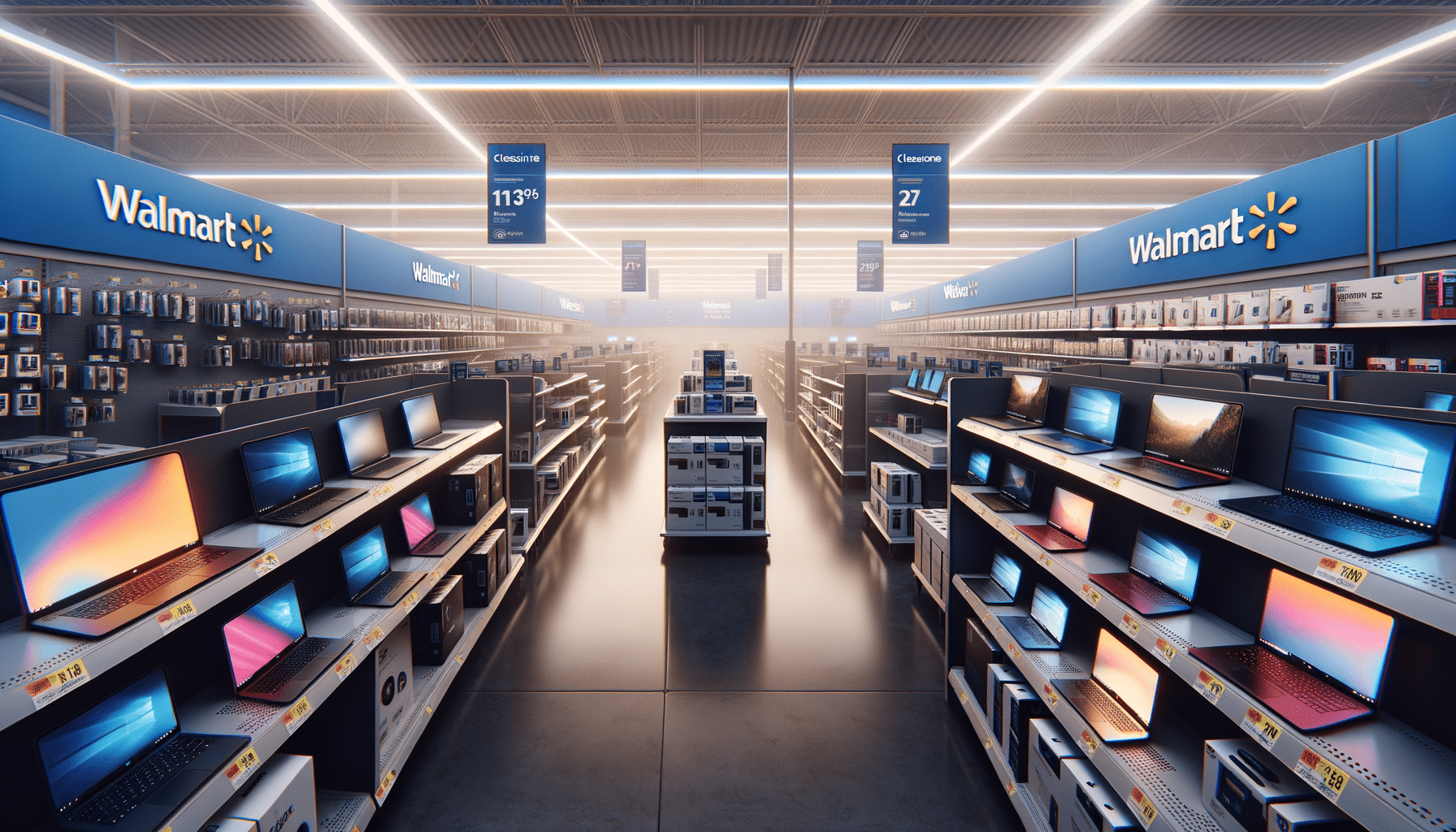
How AI is Changing the Culinary Landscape
Imagine walking into your kitchen and being greeted by a smart assistant that knows your favorite recipes, dietary preferences, and even suggests meals based on the ingredients you already have. This is not a scene from a sci-fi movie, but a reality made possible by the integration of artificial intelligence (AI) into the culinary world.
The culinary landscape is undergoing a significant transformation, thanks to the advancements in AI technology. From automating mundane kitchen tasks to personalizing dining experiences, AI is revolutionizing how we cook, eat, and think about food.
AI in Recipe Development
AI is playing a crucial role in recipe development by analyzing vast amounts of data to create new and innovative dishes. According to a report by McKinsey, AI can process millions of recipes and user reviews to identify popular ingredients and flavor combinations. This data-driven approach enables chefs to develop recipes that cater to diverse palates and dietary needs.
“AI’s ability to analyze data and predict food trends is invaluable for chefs looking to stay ahead,” says renowned chef and culinary innovator, David Chang.
Enhancing Kitchen Efficiency
AI-powered kitchen appliances are making cooking more efficient and less time-consuming. Smart ovens and refrigerators can adjust cooking times and temperatures based on the type of food, ensuring perfect results every time. Moreover, these appliances can monitor food inventory and suggest recipes, reducing food waste and saving time.
Personalized Dining Experiences
One of the most exciting applications of AI in the culinary field is the personalization of dining experiences. By analyzing customer preferences and dietary restrictions, AI can recommend meals that match individual tastes. For instance, AI-driven platforms like Foodpairing use algorithms to suggest complementary flavors and ingredients, creating a unique culinary experience for each diner.
AI and Food Safety
AI is also improving food safety by monitoring and predicting foodborne illnesses. Machine learning algorithms can track outbreaks and identify contamination sources, helping to prevent future occurrences. This proactive approach to food safety is crucial in ensuring public health and minimizing risks.
Actionable Tips for Embracing AI in Your Kitchen
- Invest in smart kitchen appliances that can automate cooking processes and provide recipe suggestions.
- Explore AI-powered recipe platforms to discover new and exciting dishes tailored to your preferences.
- Stay informed about the latest AI advancements in food safety to ensure a safe cooking environment.
When using AI-driven recipe platforms, always cross-check ingredient lists and instructions to ensure they align with your dietary needs and preferences.
Comparing Traditional Cooking with AI-Enhanced Cooking
| Aspect | Traditional Cooking | AI-Enhanced Cooking |
|---|---|---|
| Recipe Development | Based on chef’s experience | Data-driven analysis |
| Kitchen Efficiency | Manual processes | Automated with smart appliances |
| Dining Experience | Standardized | Personalized |
| Food Safety | Reactive measures | Proactive monitoring |
| Ingredient Use | Prone to waste | Optimized suggestions |
| Cost | Varies | Potentially reduced by efficiency |
| Flavor Pairing | Traditional pairings | Algorithmic recommendations |
| Adaptability | Limited | Highly adaptable |
FAQs
How does AI improve recipe development?
AI analyzes large datasets of recipes and ingredients to identify popular trends and flavor combinations, enabling the creation of innovative recipes.
Can AI help reduce food waste?
Yes, AI can suggest recipes based on available ingredients, reducing the likelihood of food spoilage and waste.
Are AI-powered kitchen appliances worth the investment?
While they may require an upfront investment, AI appliances can save time and improve cooking outcomes, making them a worthwhile addition to any modern kitchen.
As AI continues to evolve, its impact on the culinary landscape will undoubtedly grow, offering new possibilities for creativity, efficiency, and personalization in the kitchen. Embracing these technologies not only enhances the cooking experience but also paves the way for a more sustainable and innovative culinary future.


